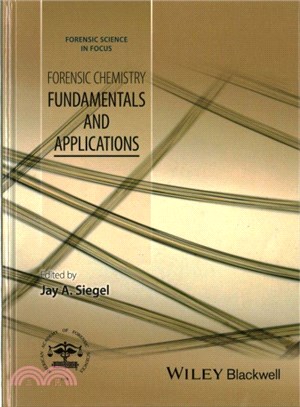

|
Forensic chemistry : fundamentals and applications /
|
Forensic Chemistry is a comprehensive overview of the subject aimed at those students who have a basic understanding of the underlying principles and are looking for a more detailed reference text. This book is aimed at advanced students who are studying forensic science or analytical chemistry, faculty and researchers, and practitioners such as crime laboratory bench scientists. The authors will assume that the reader will have an introductory knowledge of forensic science and forensic chemistry and will have had analytical, organic and instrumental chemistry. None of the major analytical chemical techniques will have separate treatments in the book, with the exception of forensic microscopy, which will have a chapter because many students in chemistry and forensic science do not get dedicated classes in this area. The book will have separate chapters on all of the major areas of forensic chemistry and, in addition, will have a chapter devoted to chemometrics, which is the statistical treatment of large amounts of data to discover groupings, similarities and differences among the data. Each chapter will be written by an acknowledged international expert in that area. Each author will be given detailed instructions as to the intended audience, as well as expected breadth and depth of coverage of the material in the hopes that this will minimize the problem of uneven coverage of topics and chapters that often occurs in edited books. Although each of the types of evidence covered in the book use methods of analysis that lie outside chemistry, these will be mentioned only for completeness in passing. The emphasis will be on the use of chemical tools in evidence analysis.This book is designed to be either a text book for an advanced forensic chemistry course, or a treatise in forensic chemistry for the scientist who wants to learn the subject in some depth. It is not designed to be a survey of the current literature in the field or a reference manual.
